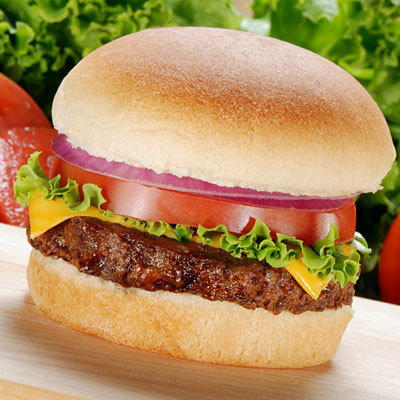Lose Weight > Weight Loss Tips > Weight Loss Articles > The Real Deal About Weight Loss and Fat Loss
The Real Deal About Weight Loss and Fat Loss
As we all know, according to Newton's law of gravity, weight is the amount of Earth's gravitational pull on one matter with a certain mass. When you step on the weighing scale, the machine reads your weight, how heavy you are, not the fats inside you. You can visualize that, right? Having described what weight is, we then turn to fats. Whenever you buy pork or beef, you see fats surrounding the meat. Fats serve as coats or sponges that protect our muscles while we are in motion. Since fat is our "coat", it also helps us keep warm in low temperature. Muscles alone cannot survive the cold without fats. But what if we accumulate too much fat in our body? It affects our weight, all right, but too much fat keeps our muscles from functioning properly, thus, the limited movement and the increase in body size. That's why we go on dieting and exercise to shed pounds of excess mass, that抯 inactive muscle and fat combined.
So, the next time you will hear people and fitness experts say weight loss, you know that, in the back of your mind, what they truly mean is fat loss. But, beyond word conventions, bear in mind that you need to keep your body balanced. When you lose fat, you have to build muscle (not the macho man type) in order to be fit.
Related Articles
-
Cause and Solution to Obesity
ObesityToday, 64.5 percent of adult Americans (about
-
Laxatives and Losing Weight
There are many types of diet supplements out there nowadays, slimmi
-
A Look At Atkins Criticism
The Atkins diet is very popular, but it also comes with a lot of criti
-
Meditation Binaural Music, loose weight
Meditation music can help you find all of these benefits with calming
-
What Exactly Do Bariatric Physicians Do?
Bariatric physicians are doctors that specialize in helping overwei
-
Diet Chart for Weight Loss - Best Diet Plan to Lose Weight
Diet plan for weight loss is important because it will help
- DON'T MISS
- Want To Lose 50 Pounds - Fastest Weight Loss Methods That Will Work Now & Later
- Abdonimal Firming Exercises
- Cheat Your Way Thin - Diet Secrets Weight Loss Companies Dont Want You to Know!
- Natural, Drastic Weight Loss
- What Might Be Next For Provida To Complement 6 Week Body Makeover?
- The Truth About Cleansing Diets: What You Should Know Before Trying One
- Weightless Workout - Strength Training Without Equipment
- Propylene As Seen On Tv
- Fat Burning Furnace Review - Loss Weight Permanently
- Every Other Day Diet Plan Free




